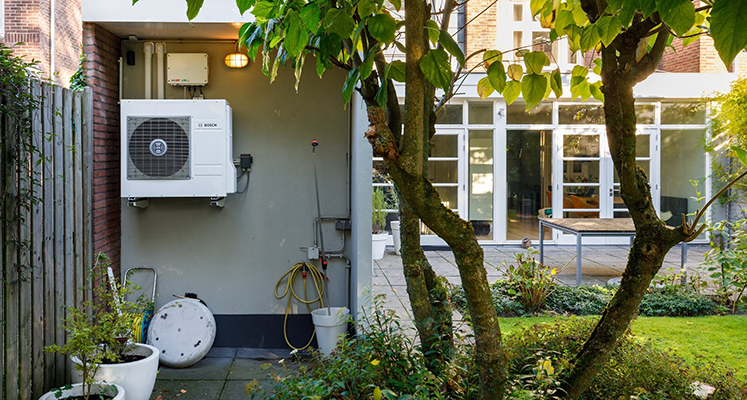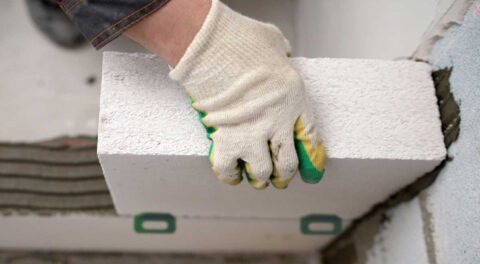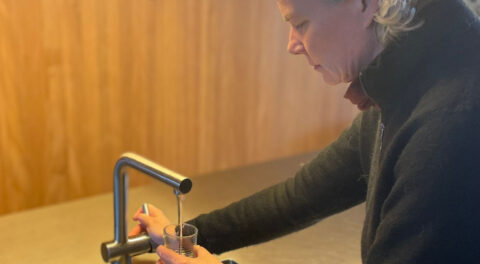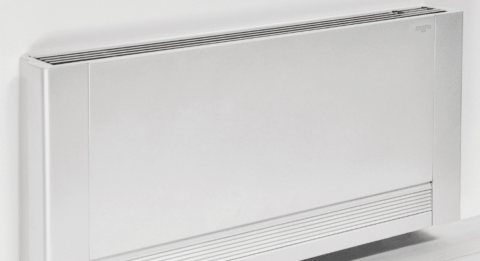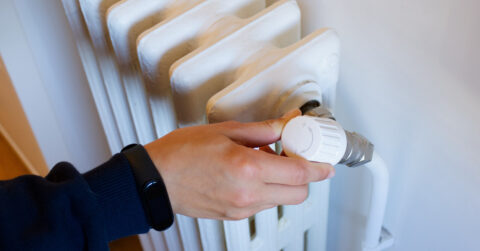More and more people are considering the purchase of a heat pump. Partly because when they replace a worn-out central heating boiler, they are faced with the choice of exchanging it for a heat pump, or still getting a central heating boiler one last time. The heat pump is the future, but it is quite an investment. What is wise and what arguments are there to win customers over?
1 Finally closing the gas tap
The price of gas in particular has fluctuated wildly in recent years, and it only takes something to happen on the world stage for the price to shoot through the roof again. Financially alone, and therefore for one's own peace of mind, it is therefore a good idea to get rid of gas as soon as reasonably possible. It's a hefty expense, but in the end a customer will earn back this heat pump. You can prove this with a representative calculation.
Doing away with gas can be done by replacing the central heating boiler with an all-electric heat pump. Assuming that you no longer cook on gas, although this step can also be taken immediately and is always much easier. Should all-electric not be feasible at this time, even a hybrid heat pump will save a lot on gas consumption and thus the gas bill. The boiler is then only needed for hot water and in exceptional cases for heating.
2 Cheaper on electricity
With a heat pump, customers will of course use considerably more electricity, but certainly in the somewhat longer term it is still cheaper than heating with a gas-fired device. If the customer has solar panels or is planning to have them installed, it gets even better. Because then the heat pump runs much of the time on free solar power and the energy bill goes down even faster.
Heat pumps are getting smarter, allowing them to automatically spring into action or work extra hard at the sunniest times, for example. Or as soon as power rates are most attractive. This provides additional savings on power bills. Without solar panels, this adds up nicely, especially with a dynamic energy contract.
3 Increase in value
It's good to know and make customers aware that a heat pump can actually make a lot of money in the end. Because it is a preservation of the house and that increases value. There is increasing demand for sustainable homes, they are less subject to price drops, they sell faster and potential buyers are more likely to outbid. Quite logical, because a sustainable house is prepared for the future and it saves the new owners from having to take measures that they would otherwise have to take once they have bought it.
4 Grant
As it looks now, from 2026 it will be mandatory to have at least a hybrid heat pump installed when replacing a central heating boiler. So eventually it will have to happen, and there will be no escape. By replacing the boiler earlier, a customer can stay ahead of the crowd should there be a run on heat pumps from 2026.
A weighty argument for not waiting too long is mainly that there are currently hefty subsidies for heat pumps, and you never know if they will still be there in a few years, nor if they will still be as attractive then.
5 Mature market
Although of course developments never stand still, the heat pump is now mature. So in that respect, waiting to switch is not necessary anyway. Heat pumps work very efficiently, have a high efficiency, they have become more compact and quieter, and more and more natural refrigerants with a very low GWP are being used and thus have little or no effect on global warming.
Furthermore, there is an enormous amount of choice and a solution exists for almost every situation. Think of split units, monoblocks and even models that you install in or on top of a sloping roof. In addition, there is also a lot to choose from when it comes to buffer tanks (heating water) and boiler tanks (sanitary water).
A heat pump also requires regular maintenance, think of an annual service. However, the device is less prone to breakdowns and more maintenance-friendly than a central heating boiler and therefore cheaper to maintain.
6 Good for the environment
And the bonus reason, which has nothing to do with money. With a heat pump, your customers use heat from a natural source. Usually this is the outside air, but it can also be a ground source, for example. Thanks to these natural, renewable and therefore sustainable energy sources, no fossil fuel is used to heat or cool the home and to heat tap water, and CO2 emissions are drastically reduced. Customers thus make an active contribution to a better world. Especially in combination with solar panels, it also makes them largely self-sufficient in energy.
